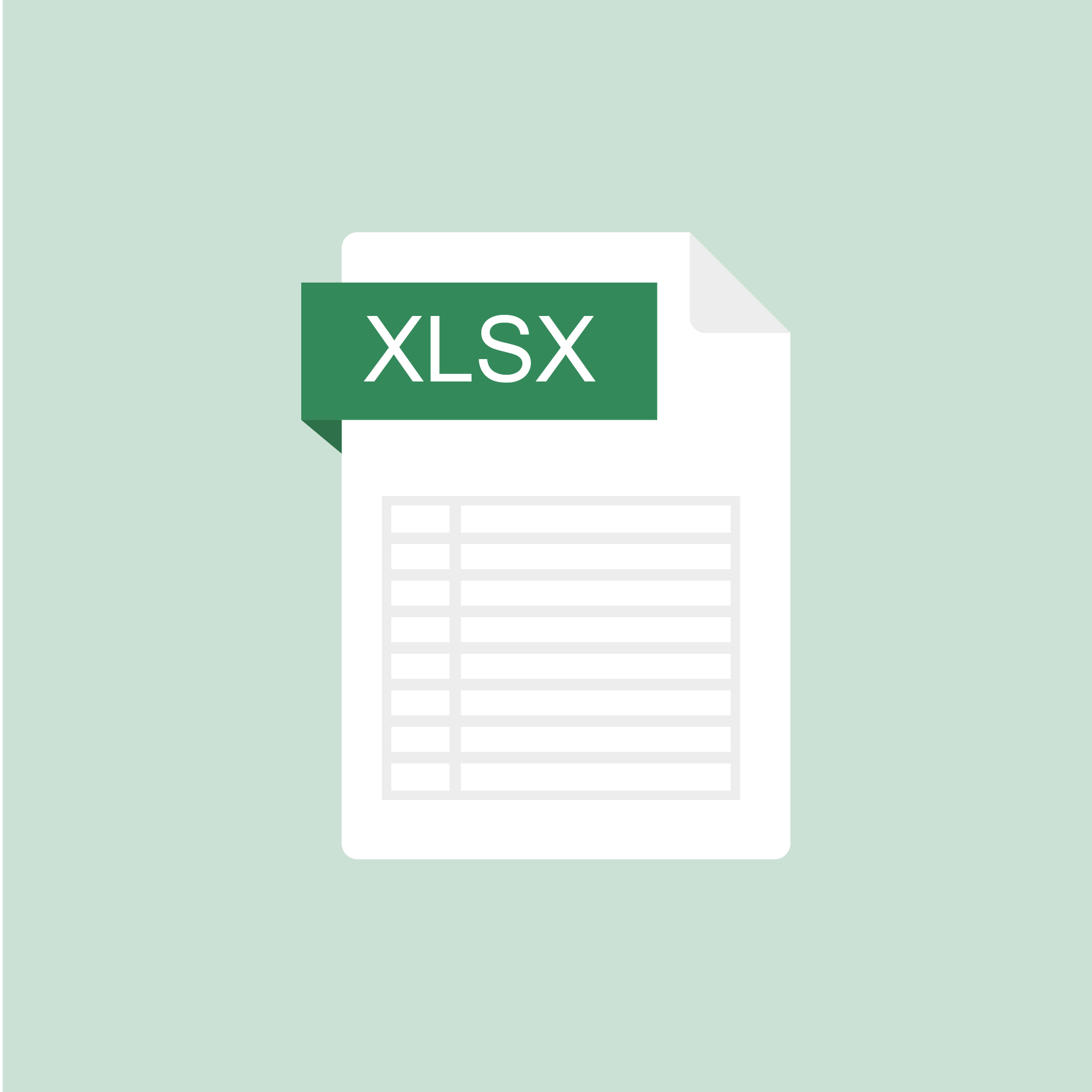Feed
-
Opportunity10 TIPS FOR MAINTAINING A HEALTHY LIFESTYLE AND BODY WEIGHTAt this extreme moment, we began working from home, away from campus, and keeping social distance for as many people as possible. As we stay home and are stuck with the foods that have been in our fridge or pantry for a while, we are temporarily living a sedentary lifestyle with increased odds of physical inactivity, excessive eating and sitting, stress, anxiety, and depression. In particular, many of us will gain some weight during the pandemic and may keep the extra weight permanently, which may carry considerable health risks for type 2 diabetes, hypertension, heart attack, stroke, and other health problems. Here, I’d like to share some basic tips and resources for how to maintain your healthy lifestyle, body weight, and overall well-being while staying home and engaging in social distancing. Measure and Watch Your Weight Keeping track of your body weight on a daily or weekly basis will help you see what you’re losing and/or what you’re gaining. Limit Unhealthy Foods and Eat Healthy Meals Do not forget to eat breakfast and choose a nutritious meal with more protein and fiber and less fat, sugar, and calories. For more information on weight-control foods and dietary recommendations, please check the following website: www.hsph.harvard.edu/obesity-prevention-source/obesity-causes/diet-and-weight/. Take Multivitamin Supplements To make sure you have sufficient levels of nutrients, taking a daily multivitamin supplement is a good idea, especially when you do not have a variety of vegetables and fruits at home. Many micronutrients are vital to your immune system, including vitamins A, B6, B12, C, D, and E, as well as zinc, iron, copper, selenium, and magnesium. However, there’s currently NO available evidence that adding any supplements or “miracle mineral supplements” to your diet will help protect you from the virus or increase recovery. In some cases, high doses of vitamins can be bad for your health. Drink Water and Stay Hydrated, and Limit Sugared Beverages Drink water regularly to stay healthy, but there is NO evidence that drinking water frequently (e.g. every 15 minutes) can help prevent any viral infection. For more information on drinking water and coronavirus, please check the following EPA website: www.epa.gov/coronavirus/coronavirus-and-drinking-water-and-wastewater.By: Vijayalaxmi Santosh MhetreFriday, May 9, 2025CULTURE AND SOCIETY+3

-
PostAt this extreme moment, we began working from home, away from campus, and keeping social distance for as many people as possible. As we stay home and are stuck with the foods that have been in our fridge or pantry for a while, we are temporarily living a sedentary lifestyle with increased odds of physical inactivity, excessive eating and sitting, stress, anxiety, and depression. In particular, many of us will gain some weight during the pandemic and may keep the extra weight permanently, which may carry considerable health risks for type 2 diabetes, hypertension, heart attack, stroke, and other health problems.By: Vijayalaxmi Santosh MhetreFriday, May 9, 2025CULTURE AND SOCIETY+3

-
ArticleSmoke test article: The top food sourcesSmoke test article Federal guidelines suggest minimum daily amounts for vitamins and key minerals. However, unless you need to increase your intake for specific ones because of a deficiency or other medical reason, following so many numbers can be confusing. The best approach to ensure you get a variety of vitamins and minerals, and in the proper amounts, is to adopt a broad healthy diet. This involves an emphasis on fruits and vegetables, whole grains, beans and legumes, low-fat protein, and dairy products. The good news is that many common foods contain multiple mineral and vitamin sources, so it is easy to meet your daily needs from everyday meals.By: Anne miller New vijayalaxmi santosh mhetre maliFriday, May 9, 2025EDUCATION

-
PostSmoke test post Vitamins and minerals are as essential for living as air and water. Not only do they keep your body healthy and functional, they protect you from a variety of diseases. Vitamins and minerals get thrown together, but they are quite different. Vitamins are organic substances produced by plants or animals. They often are called "essential" because they are not synthesized in the body (except for vitamin D) and therefore must come from food. Minerals are inorganic elements that originate from rocks, soil, or water. However, you can absorb them indirectly from the environment or an animal that has eaten a particular plant.By: Anne miller New vijayalaxmi santosh mhetre maliFriday, May 9, 2025EDUCATION
-
ArticleSmoke test articleSmoke test articleBy: Anne miller New vijayalaxmi santosh mhetre maliTuesday, May 6, 2025YOUTH EMPOWERMENT
-
OpportunitySmoke test opportunity: How to ensure you get the right vitamins and minerals in the right amounts.Smoke test opportunity Vitamins and minerals are as essential for living as air and water. Not only do they keep your body healthy and functional, they protect you from a variety of diseases. Vitamins and minerals get thrown together, but they are quite different. Vitamins are organic substances produced by plants or animals. They often are called "essential" because they are not synthesized in the body (except for vitamin D) and therefore must come from food. Minerals are inorganic elements that originate from rocks, soil, or water. However, you can absorb them indirectly from the environment or an animal that has eaten a particular plant.By: Anne miller New vijayalaxmi santosh mhetre maliFriday, May 9, 2025WATER, ENERGY, AND THE ENVIRONMENT
-
PostNo. 2: Reckless Driving and Traffic Accidents ADHD makes it hard to keep your attention on a task, so spending time behind the wheel of a car can be hard. ADHD symptoms can make some people more likely to speed, have traffic accidents, and lose their driver’s licenses. No. 3: Marital Trouble Many people without ADHD have marital problems, so a troubled marriage shouldn’t necessarily be seen as a red flag for adult ADHD. But there are some marriage problems that are likely to affect the relationships of those with ADHD. Often, the partners of people with undiagnosed ADHD take poor listening skills and an inability to honor commitments as a sign that their partner doesn’t care. If you’re the person with ADHD, you may not understand why your partner is upset, and you may feel you’re being nagged or blamed for something that’s not your fault.By: JessicaTuesday, Apr 1, 2025SCIENCE, TECHNOLOGY AND INNOVATION


Leave a comment